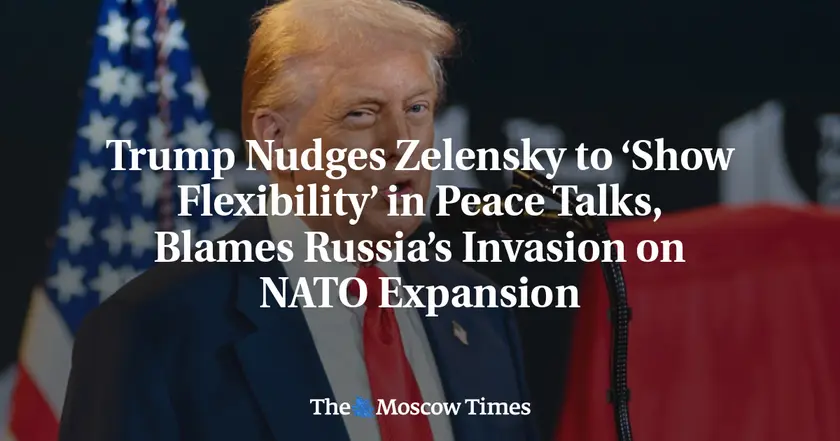T4K3.news
Trump peace talks tied to heaven remarks
Trump links ending the Russia-Ukraine war to heavenly reward, flags Nato membership as off the table, and hints at direct talks with Putin and Zelensky.
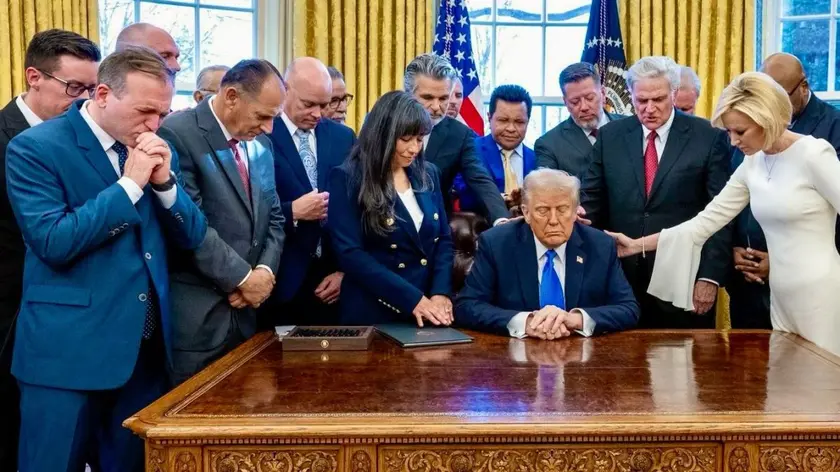
Editorial take on Trump’s remarks tying ending the war to religious motives, NATO stance, and direct talks with Putin and Zelensky.
Trump links peace effort to heaven in Fox interview
In a Fox and Friends appearance, former president Donald Trump said ending the Russia-Ukraine war could help him reach heaven, framing the peace push as a personal mission. He described his conversations with Zelensky and Putin as cordial and suggested Ukraine will not join NATO, calling membership “impossible.” He said U.S. security guarantees would likely be limited to air support rather than a broader commitment, signaling a recalibration of U.S. postwar expectations in Europe.
Trump also floated the idea of a trilateral meeting with Putin and Zelensky, implying a direct, high-stakes bargaining session could be the next step if the two leaders can agree to meet. While signaling openness to a negotiated peace, he hinted at Donbas discussions and land swaps as possible elements of any deal, while reiterating that Russia remains a powerful nation and Ukraine should regain life without provoking further bloodshed. He placed responsibility for the war on Biden as well as on the opposing leaders, arguing that a Trump presidency would have prevented the conflict.
Key Takeaways
"We’re setting up a meeting with Putin and Zelensky"
Trump describing a planned trilateral engagement as a step toward peace
"If that works out then I’ll go to the trilat"
Trump signaling he will join a three-way discussion if conditions align
"Ukraine is going to get their life back"
Trump expressing a hopeful outcome for Ukraine in a peace deal
"It’s a powerful nation"
Trump describing Russia as a dominant military power
The remarks reveal how Trump positions himself as a mediator who can cut through bureaucratic obstacles with personal diplomacy. They blend moral language with hardball bargaining, a combination that can electrify supporters but confound traditional policy making. By elevating Putin as a central partner and suggesting flexible terms on sanctions, the commentary foregrounds a shift from alliance-based strategy to leader-to-leader talks. That shift could boost Trump’s appeal among some voters while unsettling European partners who seek clear, verifiable commitments.
The broader risk is strategic clarity. If peace hinges on face-to-face exchanges rather than enforceable agreements, the public may be left with rhetorical timelines and unclear guarantees. Domestic political backlash, mixed signals to allies, and the potential for misinterpretation by Moscow all loom large as the process moves forward. The moment tests whether diplomacy can survive the intersection of faith, politics, and real-world security guarantees.
Highlights
- Heaven isn’t a policy playbook
- Peace talks are only as strong as the guarantees behind them
- Direct talks between leaders can redefine risk and reward
- Words about heaven should not replace clear policy commitments
Political and diplomatic risk around religious framing of policy
The remarks mix religious language with foreign policy, raise questions about credibility and create potential backlash at home and among allies. The reliance on personal diplomacy over established treaties could complicate diplomatic fault lines with Europe and deepen uncertainty about U.S. commitments.
The next moves will show whether talks translate into policy or stay trapped in rhetoric.
Enjoyed this? Let your friends know!
Related News
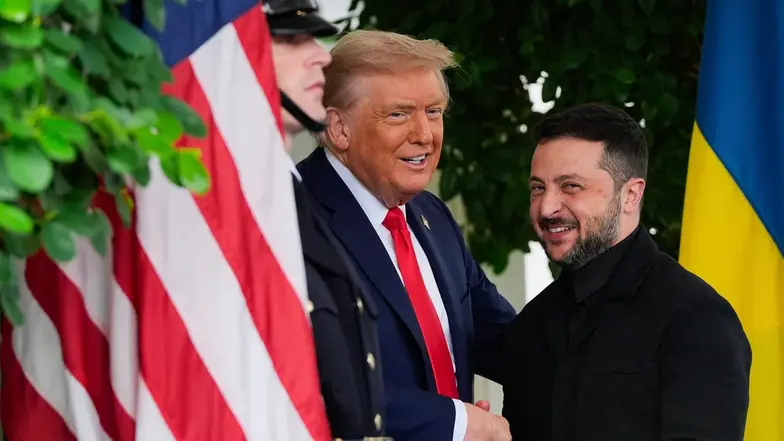
Trump links war to heaven as he pushes for peace talks
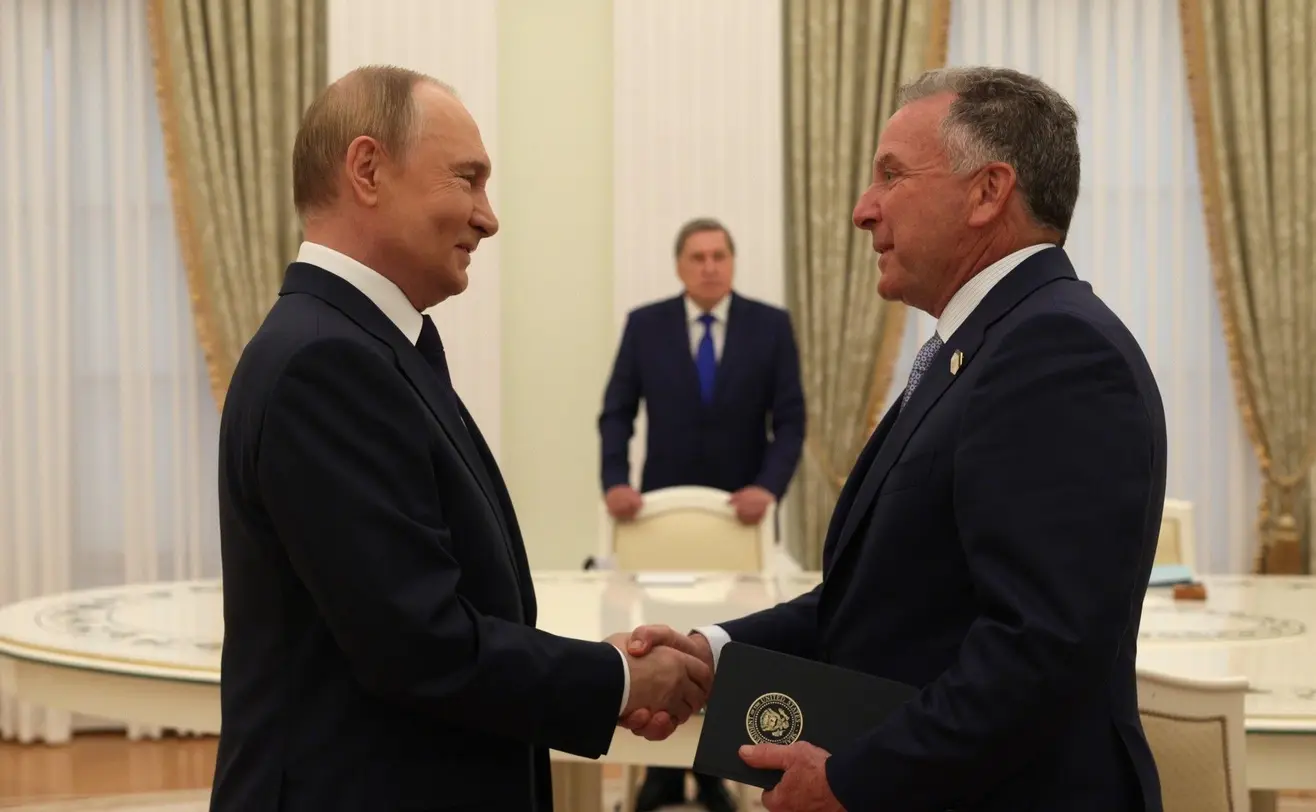
Diplomatic gesture tests U.S.-Russia signals
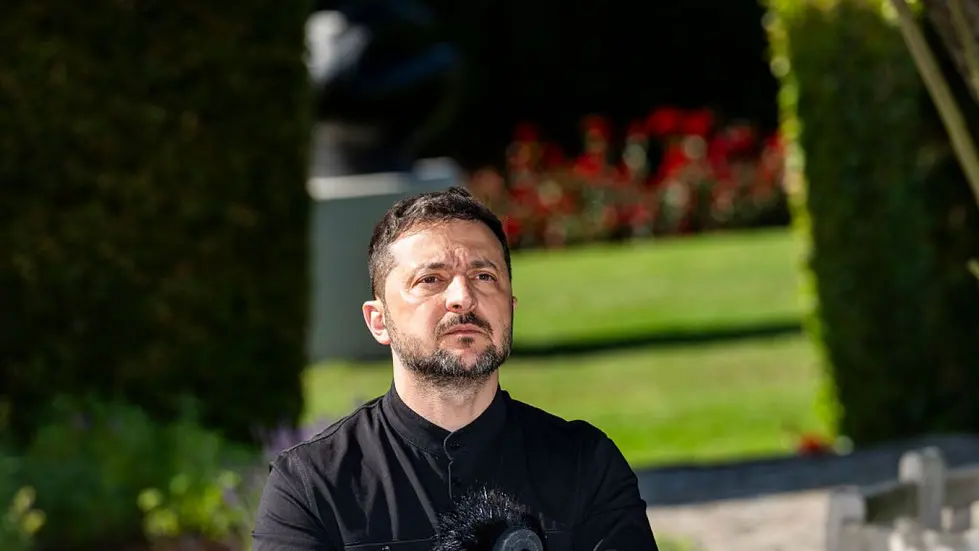
Zelenskyy vows no land cession as Trump Putin summit nears
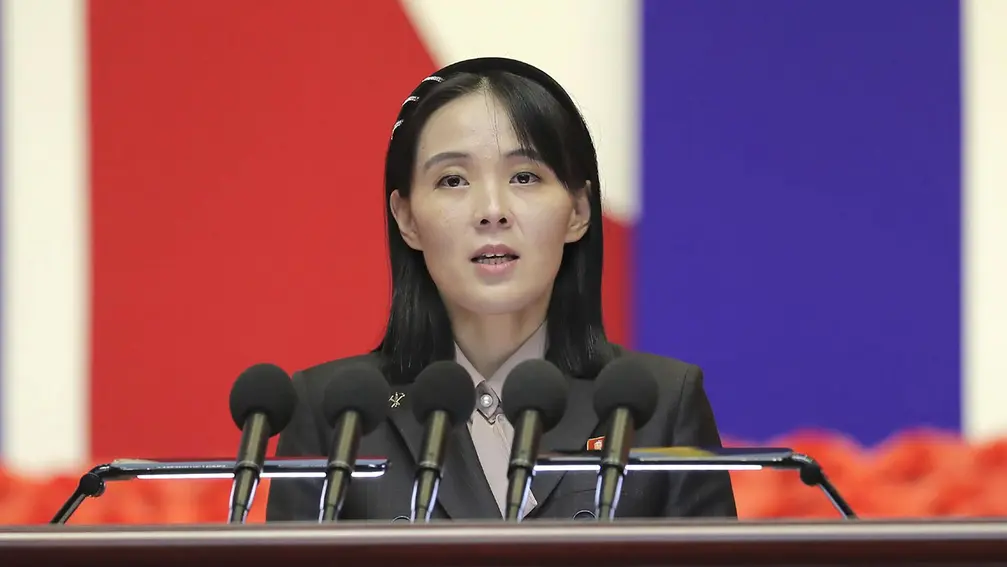
North Korea dismisses talks with South Korea
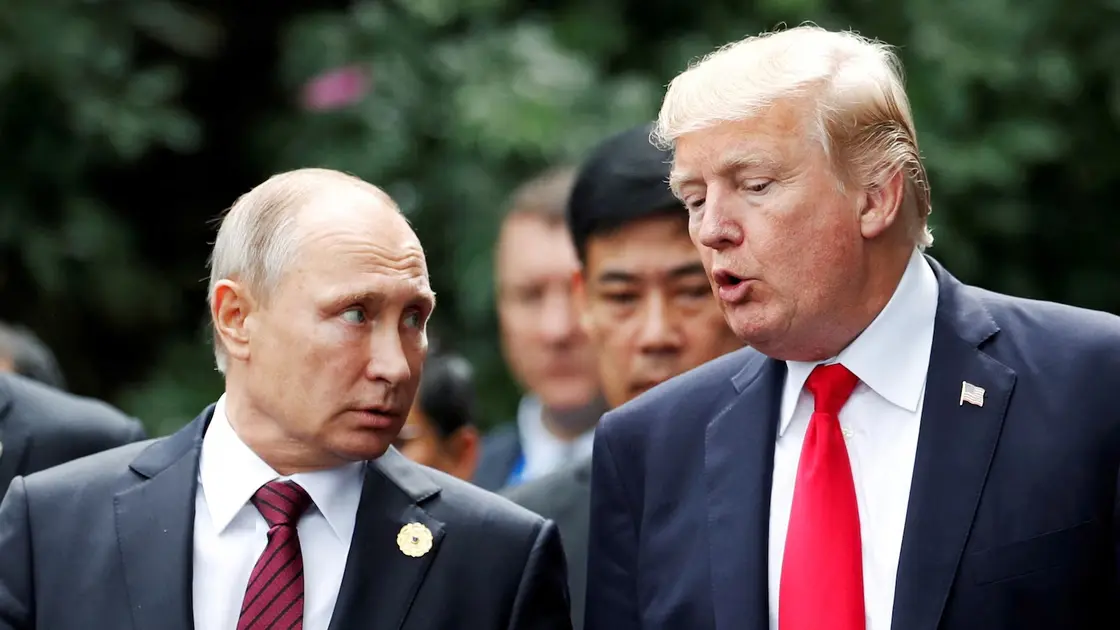
Trump to meet Putin in Alaska
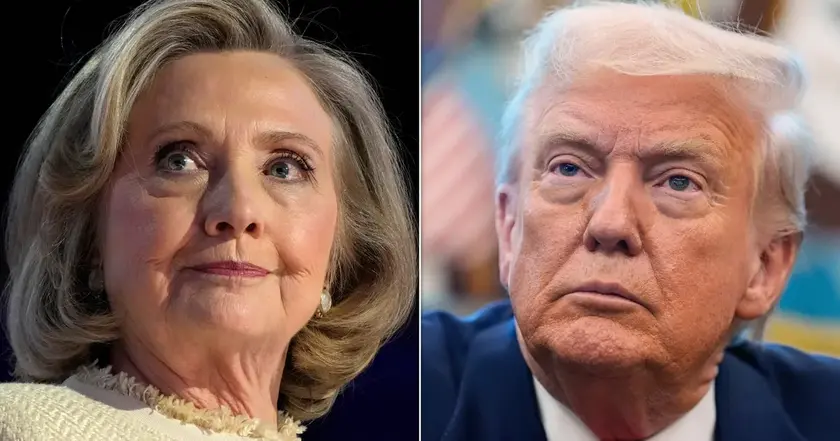
Clinton comments test Trump Putin talks
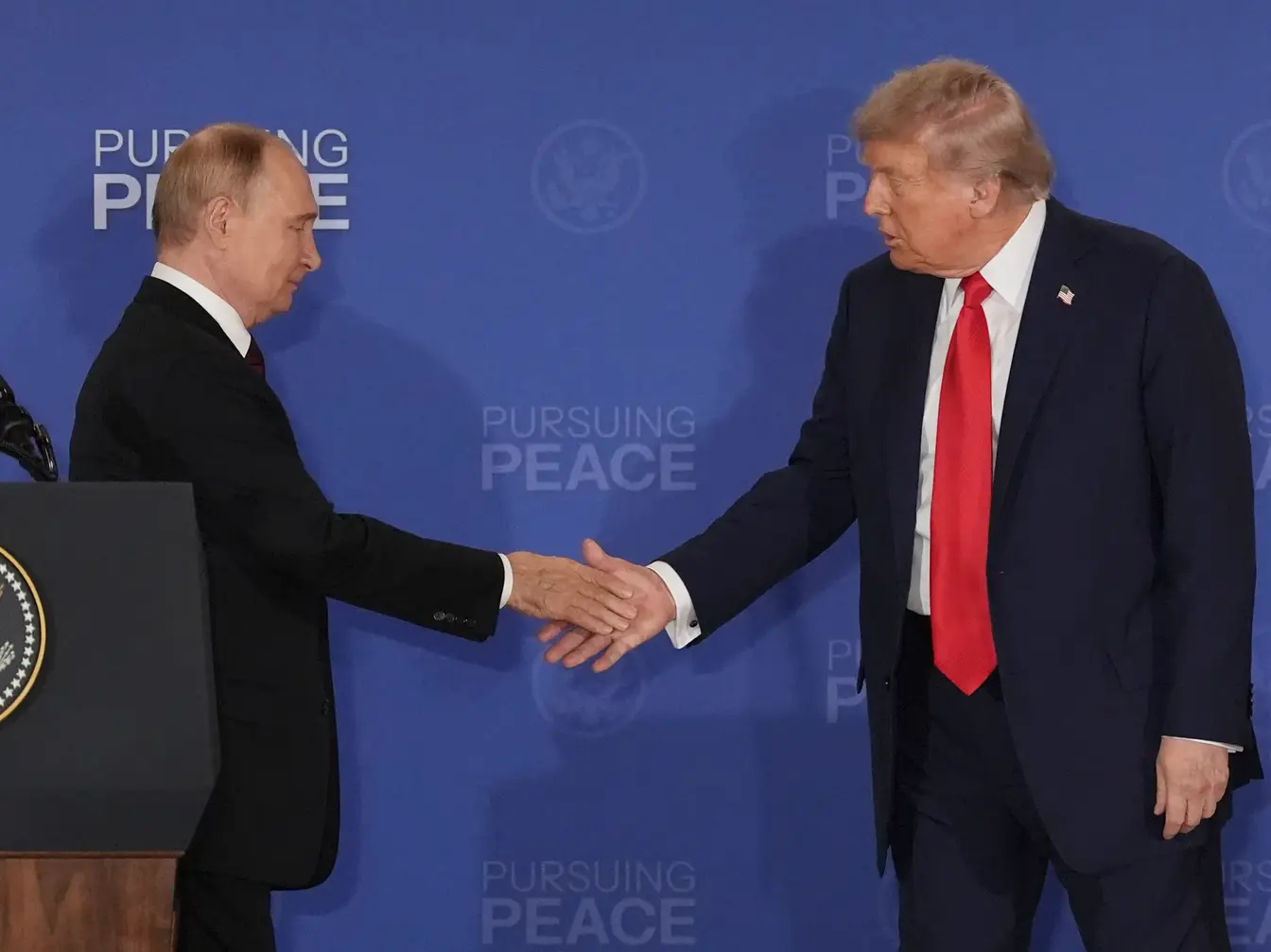
Ukraine analyzes limited gains after Trump Putin summit
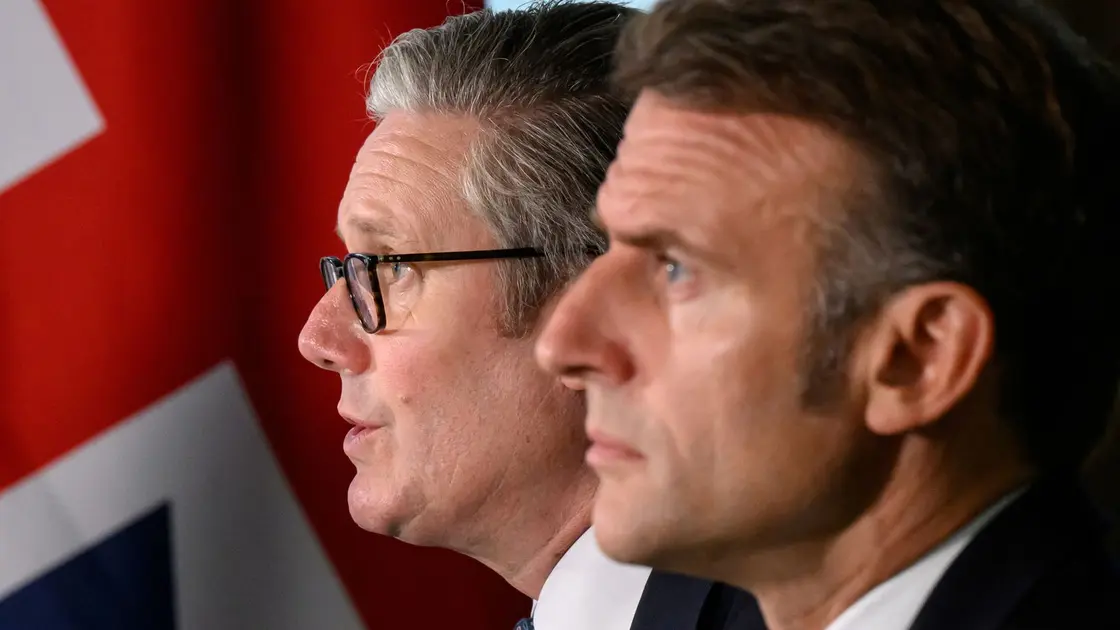
Diplomacy at a crossroads
